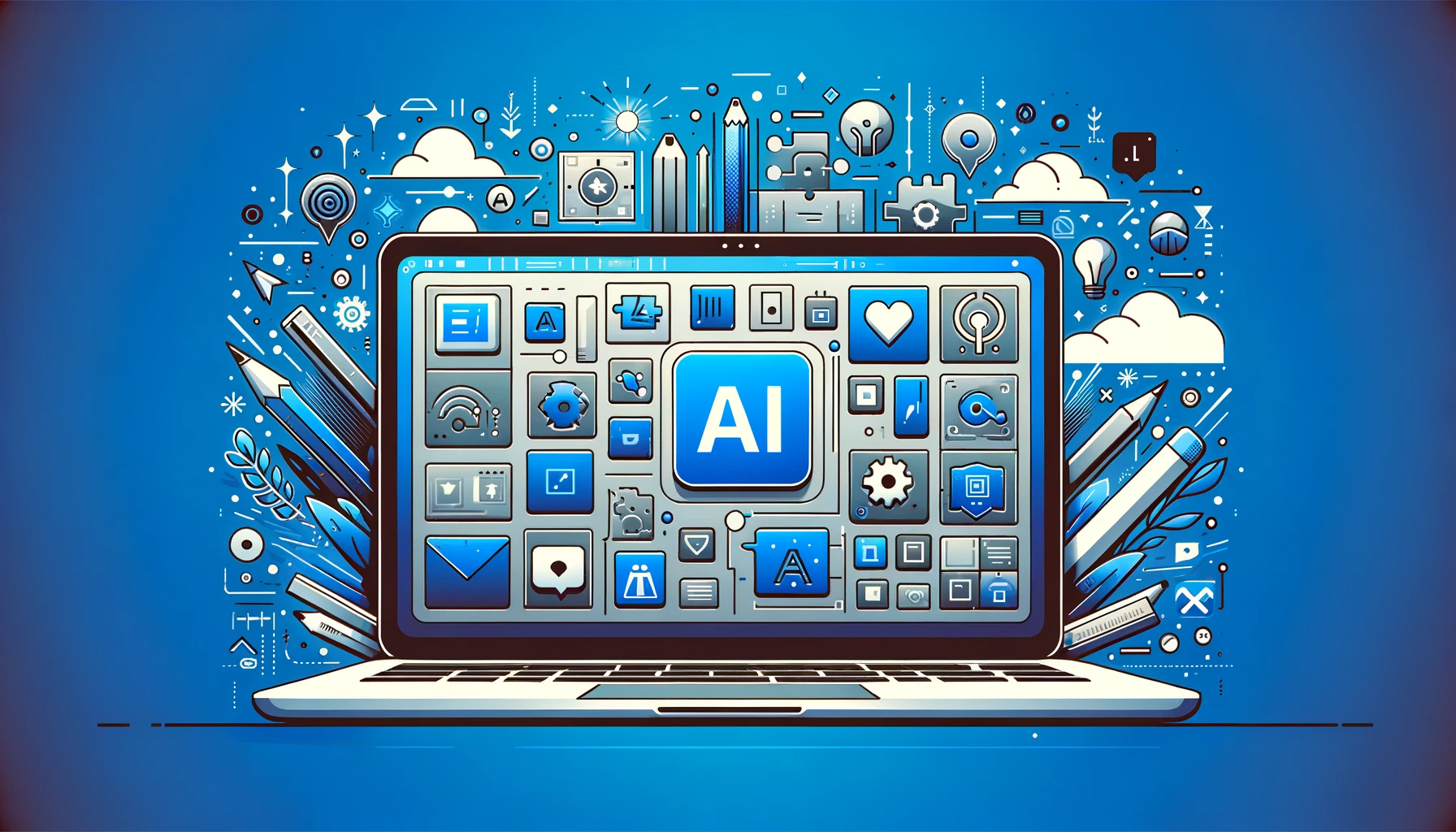
MongoDB and machine learning
There are many ways in which MongoDB and machine learning can be integrated to solve various problems.
Storing and Retrieving Data:
As MongoDB is able to store large amounts of structured and unstructured data, it is well suited for projects involving machine learning as it is able to store structured and unstructured data. In order to train and test machine learning algorithms, MongoDB data can be retrieved so that the algorithms can access it.
Feature Engineering:
The MongoDB database is capable of storing and preprocessing raw data so that it can be used to generate new features that will be used to train machine learning models. There is a possibility that this can reduce the amount of data that needs to be processed, thereby saving time and computational resources.
Model Deployment:
By using tools such as PyMongo and MongoEngine to make predictions on new data sets, trained machine learning models can be deployed in MongoDB to make predictions on new data sets. In addition to storing predictions, model parameters, and related metadata in MongoDB, it can also be used to track the performance of the models over time and to enhance their accuracy.
Real-time Processing:
Having the ability to process data in real-time makes MongoDB a good choice for use cases that require real-time predictions, such as fraud detection, customer behavior analysis, and recommendation systems, because it offers real-time data processing capabilities.
MongoDB is a powerful data store that can also be used to build and deploy machine learning models. For data scientists and machine learning engineers, this proves to be an invaluable tool for building and deploying machine learning models.



